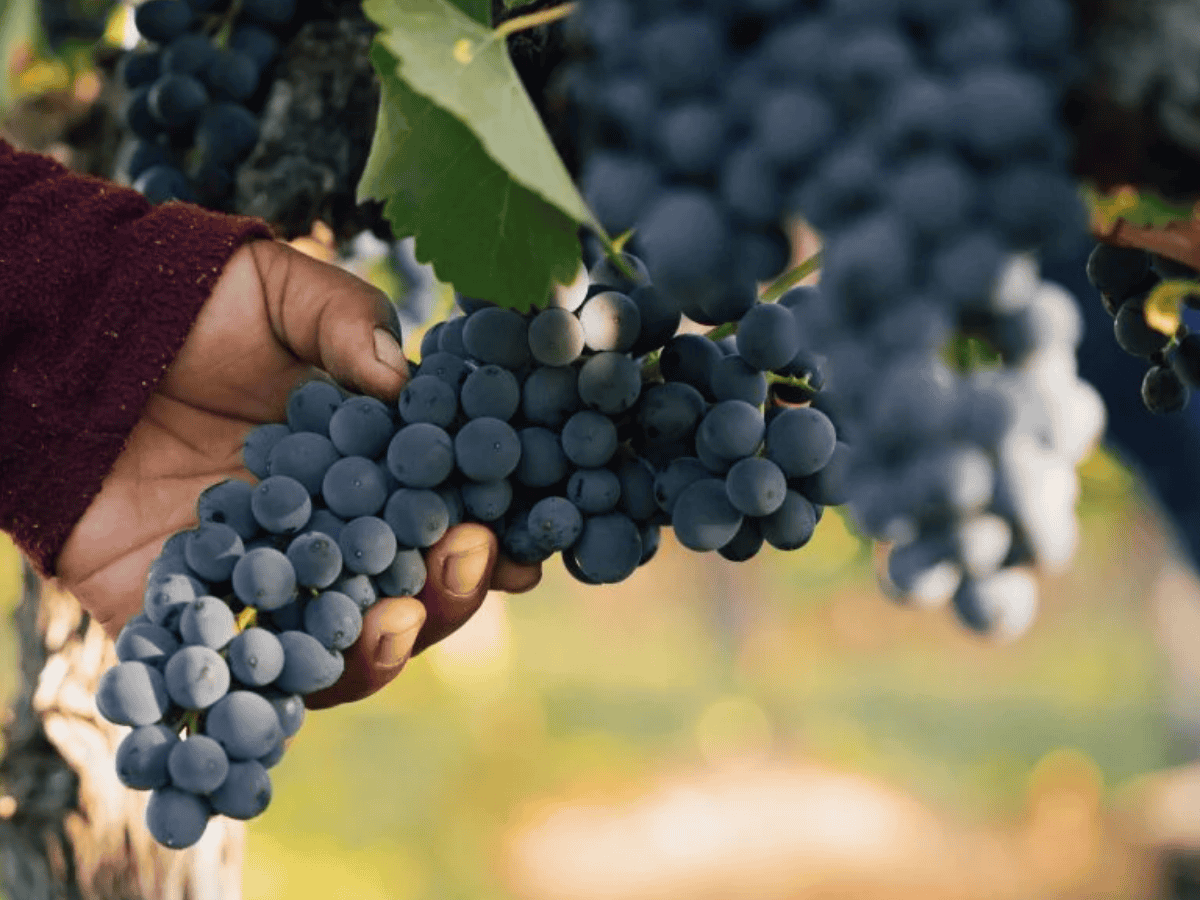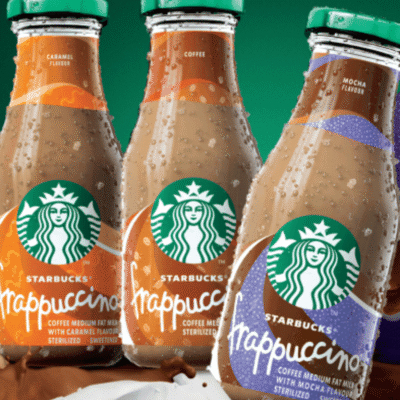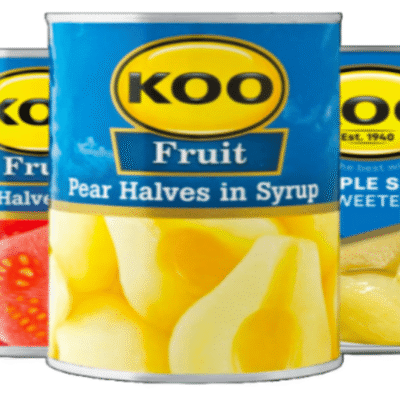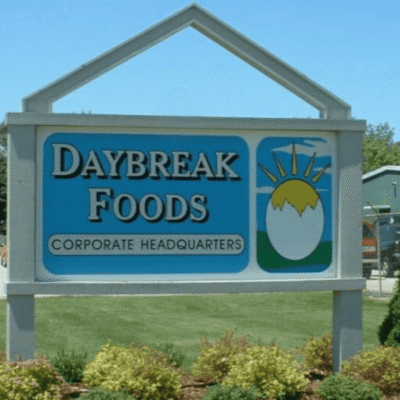SOUTH AFRICA – South Africa Wine, the national organization representing the country’s wine grape producers and industry stakeholders, has voiced strong opposition to the government’s proposed excise tax increases on wine.
The suggested hike, which could see rates rise by up to 80%, threatens the sustainability of the wine sector and its significant socio-economic contributions to the country.
The proposed tax increase is outlined in the recent Alcohol Taxation discussion document from the National Treasury, set to be incorporated into a new excise framework during the Budget Speech in February 2025.
This measure, according to South Africa Wine, could severely destabilize the industry, leading to substantial job losses and driving many producers out of the market.
The organization highlights that the wine industry supports more than 270,000 jobs, contributes R56 billion (US$3.14 billion) annually to the economy, and plays a vital role in rural development.
Rico Basson, CEO of South Africa Wine, expressed concerns over the short timeline for public input, with a submission deadline set for December 13, 2024.
“This timeline does not allow for meaningful consultation or a thorough impact assessment. The government must extend this period and reconsider these proposals,” he criticized the 30-day period for public consultation as inadequate.
South Africa Wine argues that the current excise regime already aligns with international standards, achieving public health and revenue objectives without undermining the sector’s sustainability.
The organization also points to the threat posed by the illicit alcohol trade, which accounts for over 22% of all alcohol consumed in South Africa.
Basson argues that excessive excise rates could exacerbate this issue, leading to risks to public health, erosion of government revenues, and further harm to legitimate businesses.
“Instead of penalizing compliant producers, the government should focus on tackling illicit trade through improved oversight and enforcement,” he suggests.
Drawing comparisons with other wine-producing nations such as France, Italy, and Spain, South Africa Wine argues that these countries have adopted policies with minimal to zero excise rates on wine, which have enabled their wine industries to flourish.
Basson believes South Africa should adopt a similar approach to encourage investment and growth within its wine sector.
“The wine and tourism strategy holds immense potential for economic development. Encouraging investment by providing policy stability is critical to ensuring the industry’s continued role as a driver of employment, tourism, and economic development,” he notes.
Beyond its economic contributions, the wine industry is a cultural cornerstone of South Africa. Basson emphasizes the need to protect the entire value chain—from vineyard workers to exporters—through balanced policies and policy certainty.
“The wine industry is more than just an economic contributor; it is a cultural cornerstone of South Africa. Protecting the entire value chain requires certainty and balanced policies to ensure the sector continues to thrive, supporting jobs, investment, and tourism,” he says.
South Africa Wine remains committed to engaging constructively with the government to find sustainable solutions that balance public health objectives, fiscal needs, and the wine sector’s sustainability.
“We urge the government to collaborate with the industry to find a more balanced approach to alcohol taxation,” Basson concludes.
“Final decisions should be postponed until comprehensive consultations can take place, and any excise increases should be limited to a maximum of the Consumer Price Index (CPI) in February 2025.”






